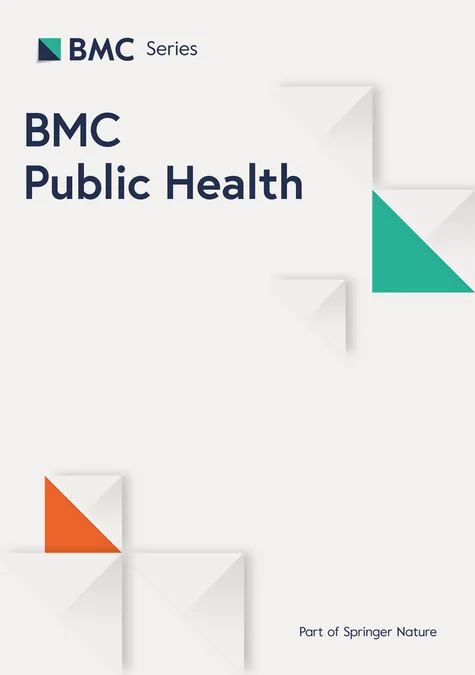
Unlocking the Secrets of Health Data: The Surprising Willingness of Canadians to Share Personal Health Information
2024-11-26
Author: Mei
Introduction
In an era dominated by data, understanding the willingness of individuals to share personal health information and biological samples is crucial for enhancing population health surveys. A recent study from the 2019 Centre for Addiction and Mental Health (CAMH) Monitor survey sheds light on why some Canadians are more open to sharing sensitive health information while others remain hesitant.
Study Overview
The study examined responses from 2,827 participants and focused on their willingness to provide various types of biological samples, including blood and saliva, as well as their consent for data linkage to personal health information (PHI). This linkage can significantly enrich the data available for health research, allowing for deeper insights into public health trends and the effectiveness of health policies.
Key Findings
The results were eye-opening: only about 19.9% of respondents were willing to provide blood samples, while 36.2% were willing to share saliva samples. However, a staggering 82.1% expressed readiness to permit probabilistic linkage of their survey responses with health databases, although only 17% agreed to direct linkage through their Ontario Health Insurance Plan (OHIP) numbers.
Significantly, the willingness to share information varied greatly based on several socio-demographic factors such as age, race, employment status, and even substance use patterns. For instance, older adults (75 and older) were found to be more willing to provide blood samples compared to younger individuals (30-39 years). Furthermore, divorced individuals showed a higher propensity to share blood samples, indicating potential underlying factors influencing these decisions.
The Impact of Question Order
An intriguing aspect of the study was the effect of the order in which questions were asked. Participants who were initially asked for permission to link their health insurance data were less likely to agree to provide saliva samples afterward. This phenomenon, known as "question order effects," suggests that simply changing the order of the questions can dramatically alter participants' willingness to share their information.
Implications for Future Research
Understanding these nuances is vital for future health research, where the quality and quantity of data can be greatly influenced by participants' willingness to share their information. As it stands, fewer individuals from minority racial or ethnic backgrounds expressed willingness to provide biological samples or agree to data linkage. This discrepancy poses a risk of underrepresentation in health studies and could potentially skew health outcomes and findings toward the majority.
Efforts to improve participation rates, especially among minority groups, are essential. Transparency in how data will be utilized, coupled with a commitment to data security and privacy, can build the necessary trust for individuals to feel safe sharing their health information.
Conclusion
As health research continues to evolve, understanding the dynamics of participants' willingness to provide personal health information and biological samples is imperative. The findings from this study not only highlight existing barriers but also emphasize the importance of designing health surveys strategically to enhance participation. By fostering trust and ensuring transparency, researchers may bridge the gap in health data collection, ultimately leading to more equitable health research outcomes. Canadians are all too often a data-driven society, but trust is paramount. We must nurture and cultivate this trust if we hope to untangle the complex web of health data and improve public health for all. Are you ready to be part of the change?

 Brasil (PT)
Brasil (PT)
 Canada (EN)
Canada (EN)
 Chile (ES)
Chile (ES)
 Česko (CS)
Česko (CS)
 대한민국 (KO)
대한민국 (KO)
 España (ES)
España (ES)
 France (FR)
France (FR)
 Hong Kong (EN)
Hong Kong (EN)
 Italia (IT)
Italia (IT)
 日本 (JA)
日本 (JA)
 Magyarország (HU)
Magyarország (HU)
 Norge (NO)
Norge (NO)
 Polska (PL)
Polska (PL)
 Schweiz (DE)
Schweiz (DE)
 Singapore (EN)
Singapore (EN)
 Sverige (SV)
Sverige (SV)
 Suomi (FI)
Suomi (FI)
 Türkiye (TR)
Türkiye (TR)
 الإمارات العربية المتحدة (AR)
الإمارات العربية المتحدة (AR)